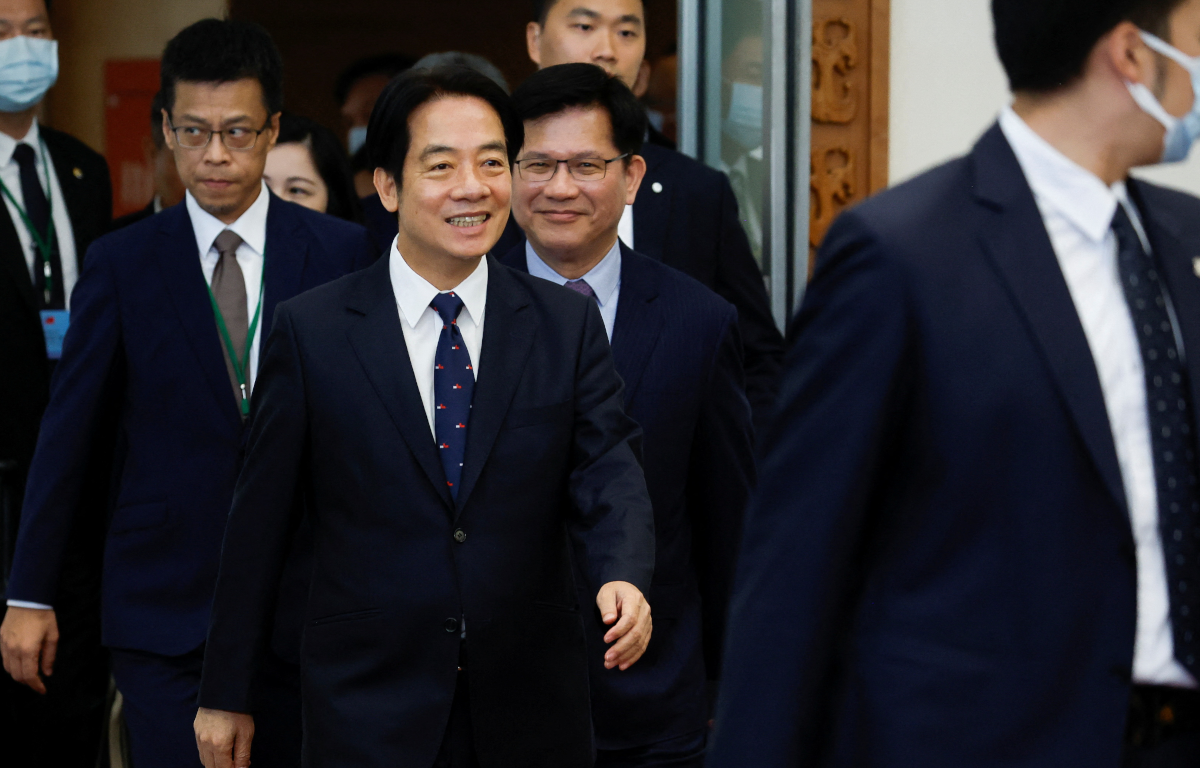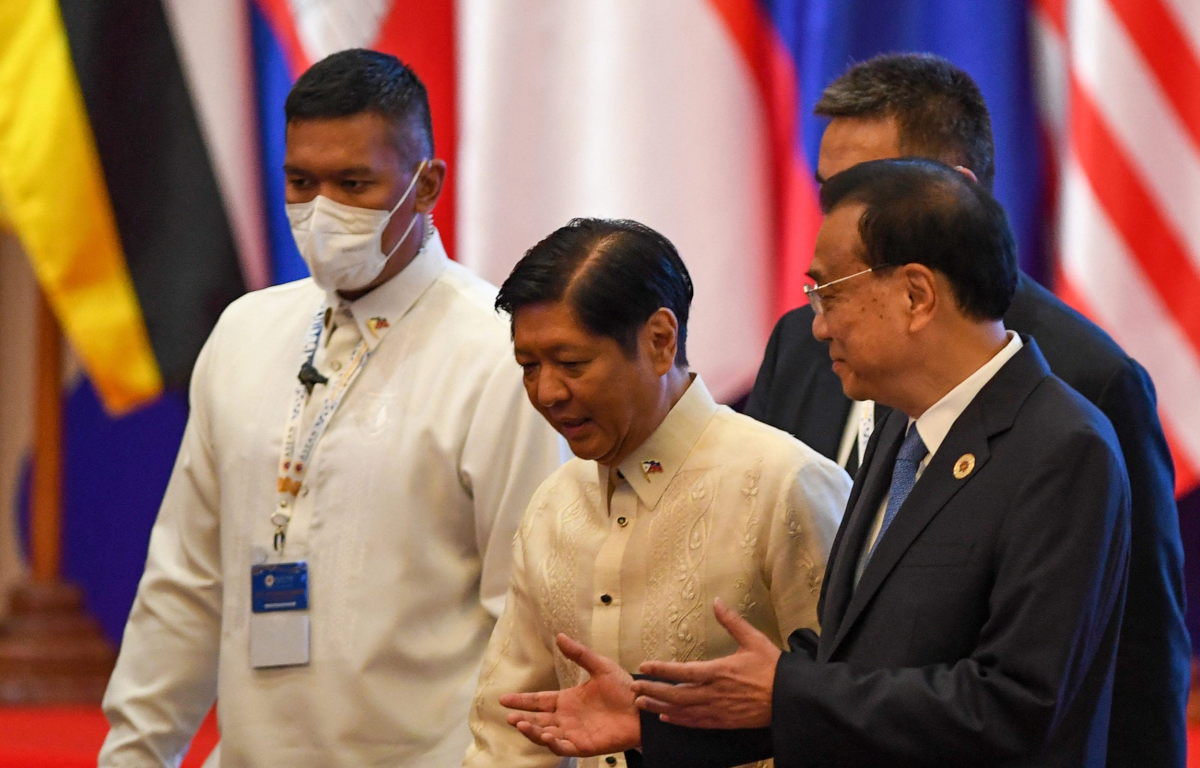
The Republic of China (ROC), commonly known as Taiwan, holds immense strategic importance. Its location, straddling key maritime trade routes and forming a linchpin in the first island chain, makes it a crucial player in the region. Furthermore, Taiwan boasts a robust democracy and a thriving economy, adding to its significance as a regional powerhouse.
China regards Taiwan as a renegade province and has not ruled out the use of military force to reunify it with the mainland. Recent years have witnessed a substantial escalation of military posturing by China in the Taiwan Strait. Frequent naval and aerial exercises near the island, coupled with an expansion of missile capabilities, have heightened concerns of a potential military incursion.
At its core, the Mountain Shield strategy capitalizes on the principles of asymmetric warfare, harnessing Taiwan’s natural geographical advantages. The rugged terrain, especially the mountainous regions on the eastern part of the island, acts as a formidable natural barrier against invasion. This strategy is rooted in making any Chinese military offensive as arduous and costly as possible.
In tandem with its geographic strengths, Taiwan has embarked on a modernization drive for its armed forces. Investments are channeled into procuring cutting-edge weaponry and technology, including anti-ship missiles, submarines, and asymmetric warfare assets like drones and cyber capabilities.
Crucially, the strategy hinges on the rapid mobilization of reserve forces. Taiwan maintains a conscription system, enabling it to swiftly call upon a substantial pool of trained personnel in the event of an invasion.
Taiwan recognizes the significance of international alliances. It has actively sought to bolster its diplomatic ties with nations like the United States, Japan, and others in the region. These alliances not only serve as a potent deterrent but also provide potential military support in the event of hostilities.
Preparing the populace for the possibility of conflict is a central facet of the Mountain Shield strategy. Taiwan invests in civil defense measures, constructing bomb shelters, conducting air raid drills, and providing emergency response training. This comprehensive approach seeks to ensure that the entire society is ready to respond effectively in times of crisis.
However, Taiwan’s Mountain Shield strategy confronts several challenges. China’s relentless military modernization continues to shift the regional balance of power. Additionally, the international response to a potential conflict remains uncertain, adding to the complexity of the situation.
Taiwan’s Mountain Shield strategy is a multifaceted and intricate approach devised to deter and defend against a potential Chinese invasion. Leveraging its geographical advantages, military modernization, international alliances, and comprehensive civil defense measures, Taiwan is committed to safeguarding its sovereignty in the face of evolving regional threats. The situation in the Taiwan Strait remains volatile, demanding constant vigilance and adaptation to navigate the complex geopolitical landscape.










Share this: